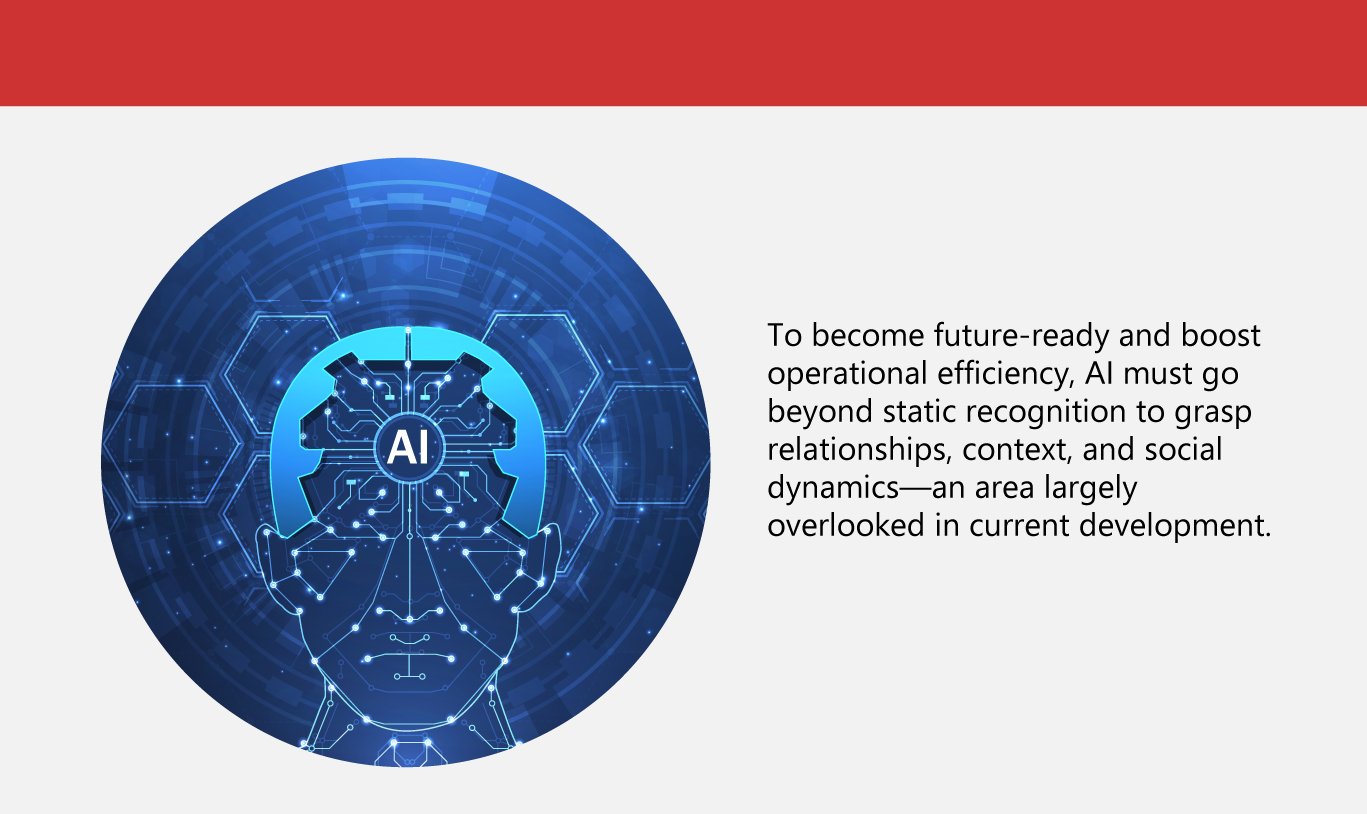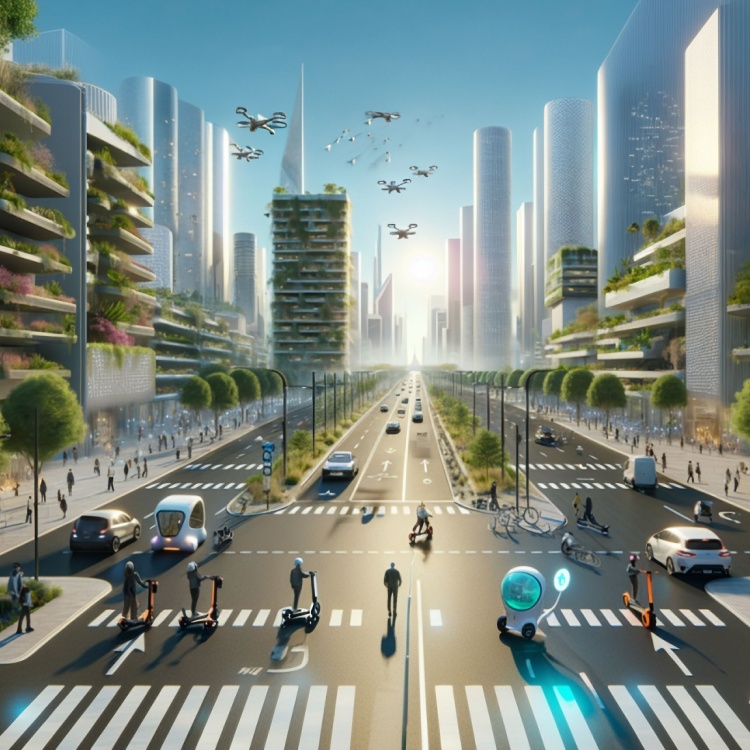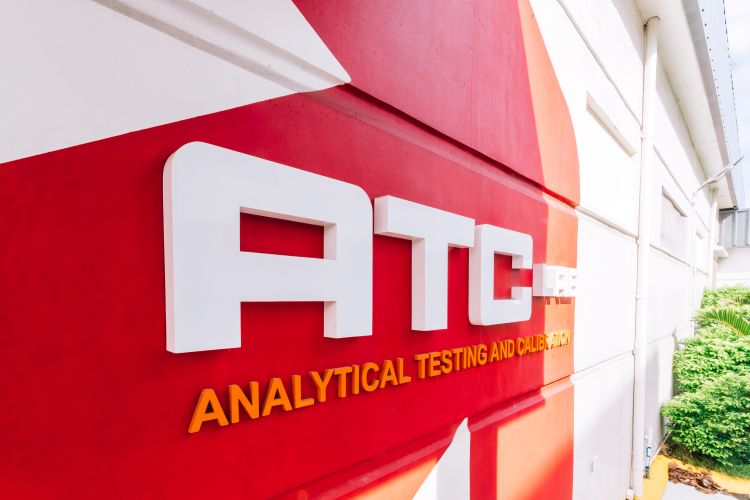AI: Smart, but Not Social

Humans still outperform today’s artificial intelligence (AI) in recognizing and interpreting human dynamics in motion—a crucial ability for technologies in the automotive market, such as autonomous vehicles, as well as care robots navigating complex, real-world environments.
Researchers at Johns Hopkins University have identified a significant obstacle facing artificial intelligence in a recent study. The findings show that AI models have difficulty understanding human context and behavior, a shortcoming that may be tied to how these technologies are approached in system development.
For AI to safely operate in real-world settings like driving, researchers said it must understand human intent, such as whether a pedestrian is about to cross the street or simply talking with someone nearby. The research points out that current systems still fall short of recognizing these subtle cues, limiting their ability to interact effectively with people.
Evaluating AI through analytical testing
To evaluate AI’s ability to match human understanding, researchers had volunteers view brief three-second videos and assess key elements involved in social behavior using a rating system. The footage showed individuals either engaging directly, working alongside each other, or acting independently.
Over 350 AI systems specializing in language, video, and images were tested to see if they could predict human reactions to the videos, including brain responses. To assess language models, the AI reviewed short, human-created captions to generate its predictions.
Results showed strong consensus among human participants across all questions, but AI models fell short regardless of their size or training data. Video-based AI models struggled to precisely interpret actions in the clips, and even image models analyzing still frames failed to consistently detect key social indicators of interaction. Notably, language-based AI showed greater skill in forecasting human actions, whereas video-focused models excelled at interpreting neurological responses.
The findings from the tests reveal a clear gap in AI’s capabilities compared to its success with still images, according to the researchers. While recognizing objects and faces marked an important early milestone, real-world situations are far more dynamic.
Why AI fell short
AI’s shortcomings in interpreting dynamic social scenes may stem from the way these systems are designed and integrated. Many AI neural networks are modeled after the brain’s visual processing areas that specialize in interpreting static images, rather than the regions responsible for understanding movement and social interactions. This fundamental difference could explain why AI struggles to keep up with the complexity of human behavior and brain responses when faced with real-world, unfolding scenarios.
The impact of AI on human connections
While AI still has a long way to go in interpreting human behavior, its growing use is already having an impact on how people interact.
According to a Psychology Today article, increased interaction with AI instead of people may weaken our skills in managing complex human relationships. While AI companions might help alleviate loneliness, they also risk deepening social isolation and fostering emotional reliance on technology. The lasting effects of these human-AI interactions on social norms and expectations remain unclear.
For instance, a young person might grow up surrounded by artificial intelligence. AI companions could provide reliable empathy, unwavering calm, and constant motivation. Similarly, AI friends would be perpetually accessible, without emotional fluctuations or grudges.
The same goes for romantic relationships. AI partners react seamlessly and appear fully aligned with individual needs. A study shows that one in four young adults believe AI could eventually substitute human romantic connections, while one in ten are willing to have AI companions. As AI increasingly assumes roles traditionally held by humans, our cultural attitudes and behaviors are likely to shift.
In a world shaped by AI, social interactions become smooth and effortless, with minimal friction and emotional strain. While this may appear ideal, it raises concerns about how someone accustomed to this seamless environment will handle the complexity and unpredictability of real human relationships.
The article goes on to say that the irony is that AI-driven relationships, while promising greater efficiency and fewer interpersonal challenges, could ultimately weaken our ability to navigate authentic human connections. Although AI could be programmed to simulate conflict and emotional nuance, doing so risks diluting their efficiency. Moreover, the absence of a genuine human counterpart may still reshape our social expectations in profound ways.
The article highlights a striking paradox: AI-driven relationships, despite offering increased efficiency and smoother interactions, may ultimately impair our capacity to engage in genuine human connections. Although AI can be programmed to replicate tension and emotional complexity, this could undermine their core function. Additionally, the lack of a real human presence may fundamentally alter our social norms.
The growing impact of AI on human relationships
A study calls for deeper exploration of the evolving psychological dynamics between humans and artificial intelligence. It examines how growing engagement with AI could create these impacts:
-
Discontent with flawed human relationships
Human relationships require give-and-take, understanding, and tolerance, whereas AI exchanges are designed to be seamless and effortless. Unlike humans, AI doesn’t pull back affection or seek emotional support. This shift could cause frustration or withdrawal when navigating the complexities of genuine human contact. Over time, depending on AI for emotional needs might lead to shallower, more mechanical, or unbalanced relationships, with people growing increasingly detached from authentic social bonds.
-
Little relief from loneliness
While AI companions may offer some social engagement, especially for older adults, a 2024 survey revealed widespread skepticism about their ability to reduce loneliness. Many participants expressed discomfort with the idea of AI replacing genuine human relationships, particularly in vulnerable populations like those with dementia. AI can simulate interaction but lacks true emotional connection, risking deeper isolation if it substitutes rather than supports real human bonds. This reliance on AI companionship also raises important ethical concerns about awareness and consent.
-
Reduced tolerance for conflict
Many AI systems are designed to serve users without requiring reciprocity, creating interactions that demand minimal effort or emotional exchange. This one-sided dynamic may alter human expectations, reducing patience for the complexities and compromises inherent in real relationships. Research on digital communication has shown that constant access to instant replies and personalized content has diminished overall patience, with some studies indicating expectations for responses within seconds.
-
Less empathy
When AI becomes the primary source of interaction and lacks its own emotions or perspectives, the essential skill of empathy risks weakening. Although some AI can simulate emotional responses and encourage empathy, most are not programmed to express negative emotions like frustration or disappointment. Prolonged one-sided engagement with AI designed solely to meet human needs may dull people’s sensitivity to others’ emotional cues and potentially cause what experts call “empathy atrophy.”
Bottom Line
As efforts continue to make AI more humanlike, the lasting effects of human-AI relationships on social dynamics remain uncertain. While AI is improving many aspects of daily life, the way these systems are developed and incorporated will inevitably influence societal behaviors and attitudes. The key challenge lies in grasping how ongoing interactions with AI will transform human behavior and relationships over time. As one of the Top 20 EMS companies in the world, IMI has over 40 years of experience in providing electronics manufacturing and technology solutions.
As one of the Top 20 EMS companies in the world, IMI has over 40 years of experience in providing electronics manufacturing and technology solutions.
We are ready to support your business on a global scale.
Our proven technical expertise, worldwide reach, and vast experience in high-growth and emerging markets make us the ideal global manufacturing solutions partner.
Let's work together to build our future today.
Other Blog



